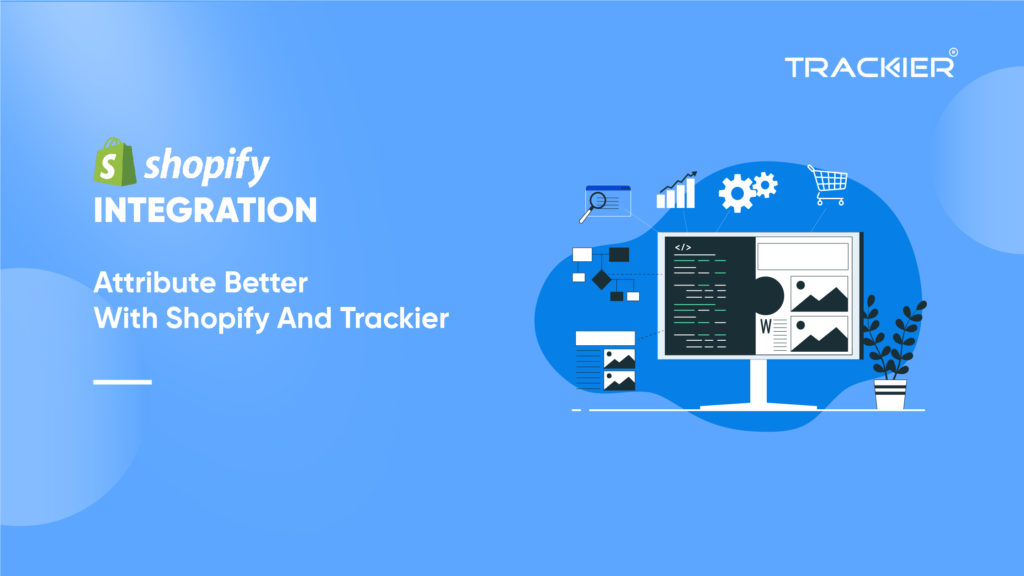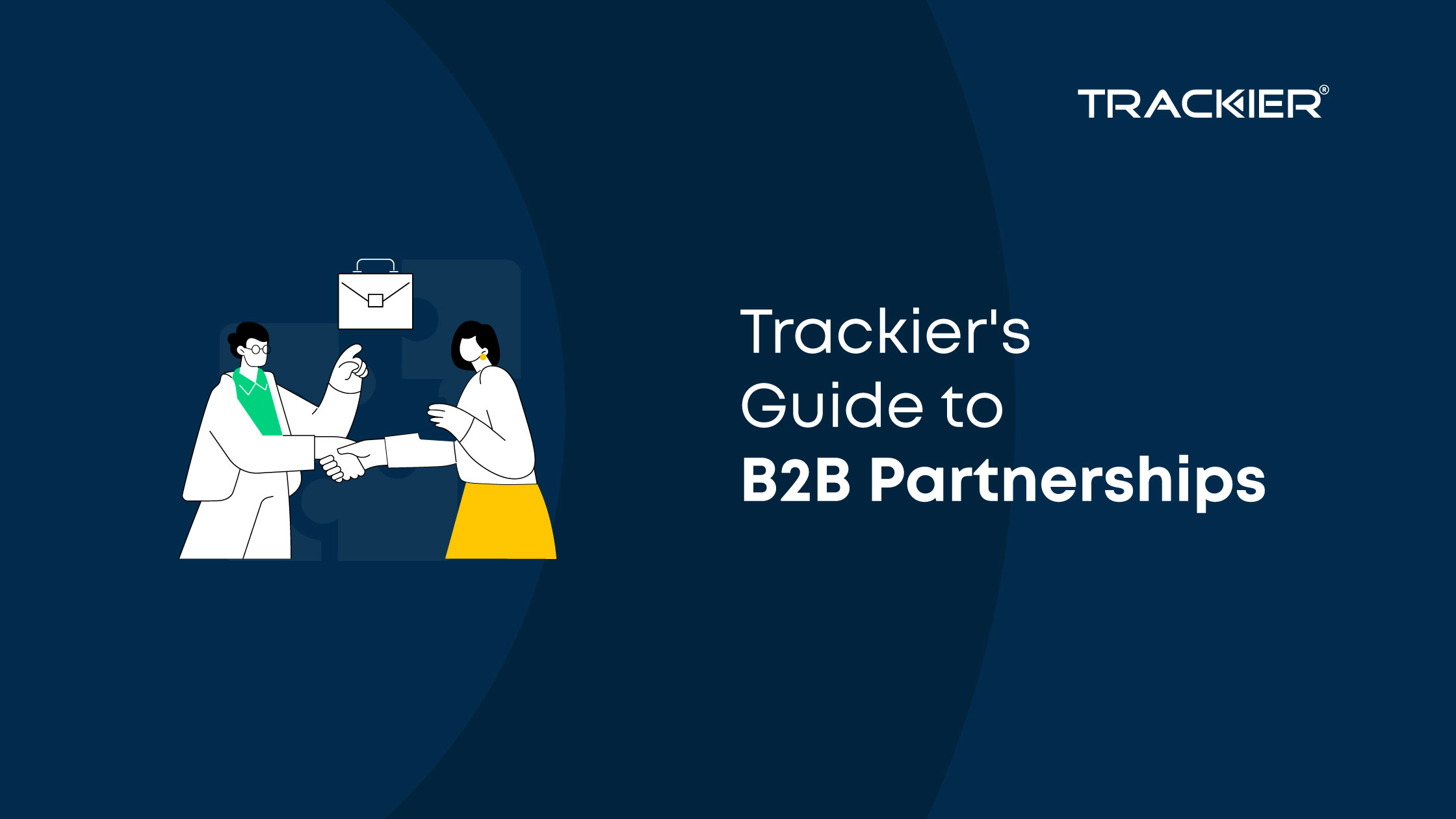Integration with multiple business systems is becoming popular among brands and various organizations who wish to attribute every process that they do. It not only helps them integrate data but also helps them analyze data, set business processes, and make sound marketing decisions. One such popular system that you can integrate for your business is Shopify Integration with Trackier.
Shopify helps in setting up an online store quite easily, but if you’re choosing not to use Shopify integration, you’re missing out on tremendous opportunities which can revolutionize your eCommerce business.
In this article, we will guide you through why you need to integrate Shopify with Trackier and discuss the benefits of Trackier Shopify Integration which can help you boost sales and improve your marketing attribution across various channels.
What is Shopify?
Shopify is an online e-commerce platform that helps its users in setting up an online store by providing them with everything they require to create a front-end gateway for their business, such as a website, payment system, inventory, and shipping tools.
It also comes with tools that assist users to build an integration with other eCommerce platforms such as a Shopify Amazon integration or Facebook marketplace integration.
Shopify is essentially a platform that enables brands and large companies to represent their business in front of a large audience by enhancing their reach and creating more business.
Trackier Shopify Integration
Trackier Shopify integration allows you to directly connect your Shopify store with Trackier’s Performance Marketing platform and access all your clicks and conversion data on a single-unified dashboard.
Shopify integration is an in-built integration feature of Trackier’s Attribution platforms and allows you to track your campaigns, orders and conversions without the need of any additional tracking links, partners or affiliates. Once integrated, you can track your daily activities on Shopify with Trackier’s attribution platform.
Advantages of Trackier Shopify Integration
- Easy to set up process with no requirement of technical knowledge.
- A one-time integration process to track all your campaigns in oneunified dashboard.
- Sync, verify and transform your eCommerce data directly in real-time.
- Reduces the need for custom coding and leverage APIs
- Seemless attribution of clicks and conversions reflected on Shopify to Trackier’s Platform.
How does Trackier Shopify Integration Work?
Shopify is designed to be simple. You get an online store, unlimited product listings, inventory tracking, shipping and some more features like customer service opinion, etc. However, Shopify boasts to be a modular platform where you canincrease the complexity of processes by adding both first and third-party integrations, which we at Trackier intend to make full use of.
When a user is using Shopify for their eCommerce website, they tend to have a single cockpit to run the entire operations, from building domain, selling goods, receive payments, manage inventory to even shipping information. Every piece of information is presented in the form of a dashboard that shows sales, vendors and help in identifying trends.
Post setup, Trackier allows you to test the integration and generate a test click and conversion between Shopify and Trackier.
Due to Shopify’s modularity, it allows third party business systems to place a conversion tracking pixel to track conversions. As you create a campaign and set up an offer, you can find the JS pixel integration for the campaign in Shopify Integration Tab in Automation.
So now, everytime a customer makes it to checkout, the pixel that we placed to track conversions gets triggered and allows you to attribute all the data on Trackier’s attribution platforms.
In case of any help in the Shopify Integration process, you can contact our Tech support team 24*7 or can mail us at support@trackier.com.














